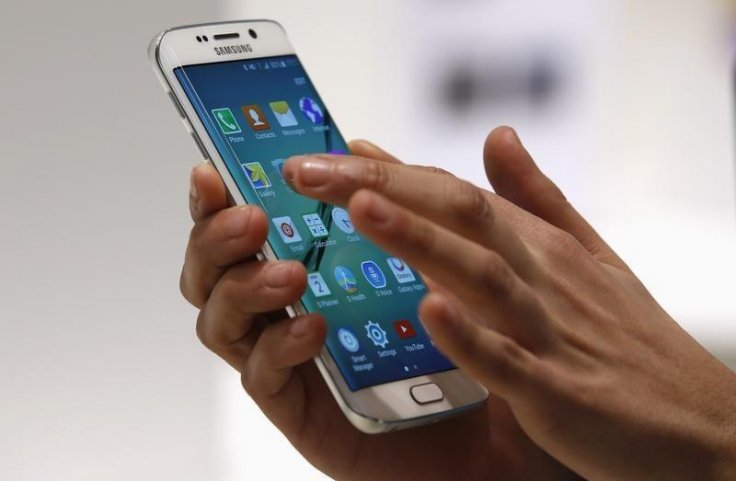While smartphone users are leaving all the worries aside and getting prepared to send Christmas messages to their loved ones and searching for apps to create suitable festive photo frames or image editors, an alert report revealed that a new malware was found on Play Store which has been downloaded over 285,000 times.
A French anti-fraud solutions provider Evina discovered the malware, dubbed Venus, in eight apps. The researchers revealed that the malware takes the form of Trojan bots. As of now, it has been hugely downloaded by Android users from 11 African and European countries.
Venus, new malware in Play Store
This Venus malware has made its way in countries such as Belgium, France, Germany, Guinea, the Netherlands, Morocco, Poland, Portugal, Senegal, Spain and Tunisia. But even after the detection of eight malicious apps, the tech giant Google has deleted only one app from the Play Store after being downloaded over 100,000 times.
As per the recent findings, the purpose of the malware, which is actively targeting Android users since October, is to stimulate interaction with adverts and subscribe to premium services without the user's knowledge. Researchers from Evina have advised Android users to avoid flashlight, scanner and wallpaper apps.

Venus malware detection
After the detection of this latest global smartphone fraud, Evina security analyst Maxime Ingrao stated that the user's browser is "invisible during the interaction" which makes this newly found malware "particularly effective." The firm helped to build honeypot around a network of 3G SIM card proxies and soon the researchers noticed that data allowances were being rapidly consumed by a few apps, available in Play Store.
After analyzing the codes of those malicious apps, Evina engineers encountered protected and missing files which together create a suspicious code combination. In addition, Ingrao said, "This bot family is super smart as they never attack the first day of installation and wait for the right time to launch more than one invisible browser."
The surge of malware apps during Christmas
There is no doubt that compared to iPhone, Android is most vulnerable to malware attacks. Even recently experts warned that Android users need to be extra careful while downloading apps in their smartphones or tablet at this festive time of year. The warning included:









